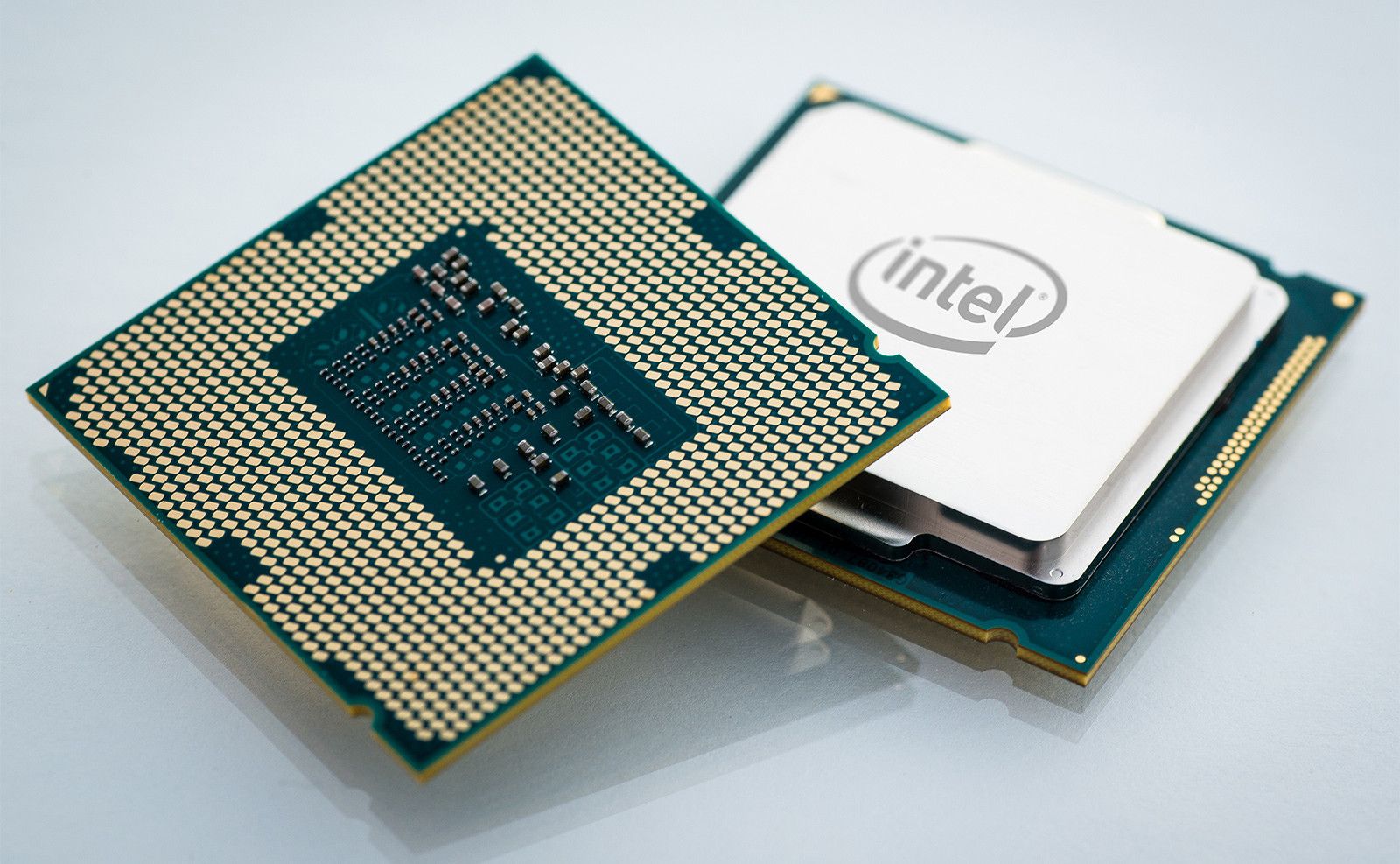Intel Core i9-13900K leak suggests a speedy flagship CPU
Raptor Lake still shaping up to be very promising

Intel’s Raptor Lake flagship has been spotted again, with another engineering sample (ES) chip floating around out there which has been benchmarked, and is shown running with considerably faster clock speeds than the last sample CPU we saw.
VideoCardz flagged up this one, spotting it on Twitter, although it originates from the Chiphell forums over in China, a regular source of hardware leakage which has provided accurate rumors in the past – but we’d still say it’s territory that should be treated with a bit more caution than normal.
Intel i9-13900K ES1 and ES3 InformationES1ES1 really can't perform properly.ES3CPUZ:ST 880+ MT 15000+Single-core 5.5 Multi-core 5.3(big)The picture is ES1https://t.co/zncsNQeOYn pic.twitter.com/C8SRKVKzuPJune 29, 2022
At any rate, the purported Core i9-13900K spotted is an ES3 chip (meaning a later revision than early ES1 and ES2 sample CPUs) that was benchmarked in CPU-Z.
What we’re shown is a processor which can boost to 5.5GHz (on a single core) and 5.3GHz (across multiple cores – these are the performance cores, not efficiency ones, of course). The chip achieved a single-thread score of 800, and multi-thread result of 15,000.
The leaker also has an ES1 sample (obtained on the Chinese black market, we’re told), for which a photo and screenshots were provided (we didn’t get the ES3 results screen grabbed, sadly), and that runs somewhat slower as you’d expect, with scores of 600 and 13,000 for single and multi-thread respectively. The ES1 only boosts to 4.5GHz, but again, as an earlier sample, that’s par for the course – clock speeds can often be way off the mark with this kind of pre-release chip.
As we mentioned at the outset, we recently saw spillage around a Core i9-13900K ES processor running with a slower 3.8GHz (all-core) boost speed, which suggested promising levels of multi-core performance compared to the existing 12900K (not surprisingly, as the Raptor Lake flagship is set to double the number of efficiency cores on-board, no less).
Analysis: A closely fought battle for next-gen CPUs?
At this stage, we can’t read much into benchmark results for obvious reasons, and CPU-Z is hardly the first pick for a sterling performance metric anyway; although it does at least give us something of a ballpark idea. More telling are the clock speeds recorded here, with the Core i9-13900K sample already reaching 5.5GHz boost, and the finished product will presumably be quicker than this.
Get daily insight, inspiration and deals in your inbox
Sign up for breaking news, reviews, opinion, top tech deals, and more.
At 5.5GHz, the Raptor Lake flagship is already level pegging with the Core i9-12900KS (special edition of the 12900K flagship), which also boosts to 5.5GHz by default out of the box (remember that overclocking can push these unlocked ‘K’ CPUs harder than this).
Rumor has it that the 13900K could reach up to around 5.8GHz for its final boost speed, and it’s looking like that could be a realistic piece of speculation (some rumors have even suggested 6GHz of late, but we’d be wary around expecting Intel to be able to drive that hard with the 13th-gen flagship).
Overall, this points to Raptor Lake’s performance looking like a promising step up from Alder Lake – which has already impressed us – and for gamers, we shouldn’t forget about the cache boost which is going to be served up by 13th-gen silicon, either.
Should AMD be worried by Raptor Lake? Well, yes and no – while Intel’s next-gen CPU performance certainly looks strong from these rumors, particularly from a gaming angle, Zen 4 is shaping up to be something pretty special as well, from what we’ve seen.
In some ways, the battle of the next-gen CPUs is becoming quite the race to push clock speeds, with Zen 4 processors also seriously ramping up frequencies. AMD already demonstrated a pre-release Ryzen 9 7950X (16-core flagship) hitting 5.5GHz boost (with no overclocking), and that’s across multiple cores, not just a single core. And again, this isn’t the finished product yet…
In short, both generations are looking highly promising, and ultimately we can hope that’ll mean the big winners later this year will be the consumers. Ryzen 7000 CPUs might be out as soon as September or early October, with Raptor Lake also rumored to be looking at an October launch – so not only might performance be a closely fought battle, but release timing could be very tightly pitched, too. Exciting times in store…
Darren is a freelancer writing news and features for TechRadar (and occasionally T3) across a broad range of computing topics including CPUs, GPUs, various other hardware, VPNs, antivirus and more. He has written about tech for the best part of three decades, and writes books in his spare time (his debut novel - 'I Know What You Did Last Supper' - was published by Hachette UK in 2013).